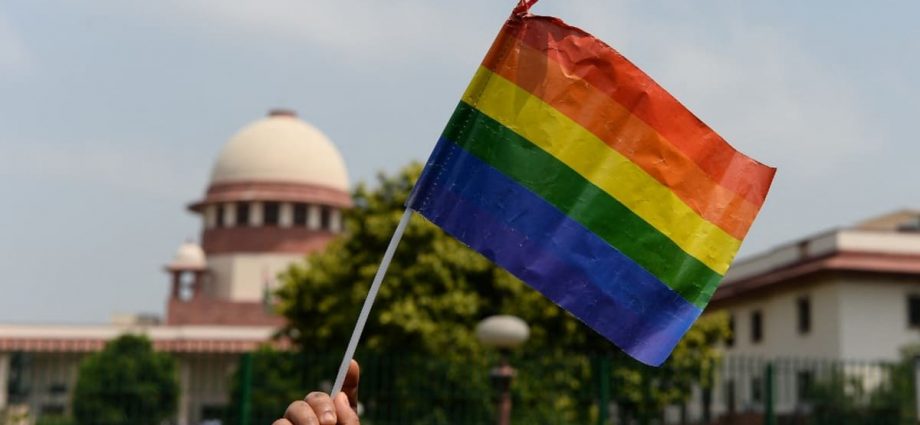
SINGAPORE: The risks of a legal challenge to the current definition of marriage in Singapore have been “starkly illustrated” by an Indian Supreme Court decision to recognise different types of “families”, Law and Home Affairs Minister K Shanmugam said on Thursday (Sep 1).
However, Mr Shanmugam said that the courts in Singapore have avoided making such rulings, leaving them instead to Parliament.
“Our courts have traditionally eschewed such an approach, and have said that these matters should be dealt with in Parliament,” Mr Shanmugam said in a Facebook post, adding that the planned Constitutional amendments will seek to ensure that.
India’s highest court ruled last month that familial relationships may take the form of domestic, unmarried partnerships or queer relationships, and that such “atypical manifestations” of the family unit are equally deserving of social welfare benefits.
The ruling is the latest in a series of court decisions to challenge India’s social norms and could have major implications for the rights of women as well as gay people.
Mr Shanmugam noted that the Indian Supreme Court decision came just a few years after it struck out part of Section 377 of the Indian Penal Code, which is similar to Section 377A of Singapore’s Penal Code that criminalises sex between men.
He reiterated that the Singapore Government will amend the Constitution to prevent the current definition of marriage from being challenged in the courts, after Prime Minister Lee Hsien Loong announced in his National Day Rally speech last week that Section 377A will be repealed.
“Currently, ‘marriage’ is defined (in law) as one between a man and a woman. This definition is likely, in due course, to be challenged in the courts, as being in breach of the Constitution (together with future court challenges on s377A)
“To prevent such legal challenges, the Government said last week that we will amend the Constitution – to make sure that what a ‘marriage’ should be, is decided in Parliament, and not through a challenge in the courts.”

